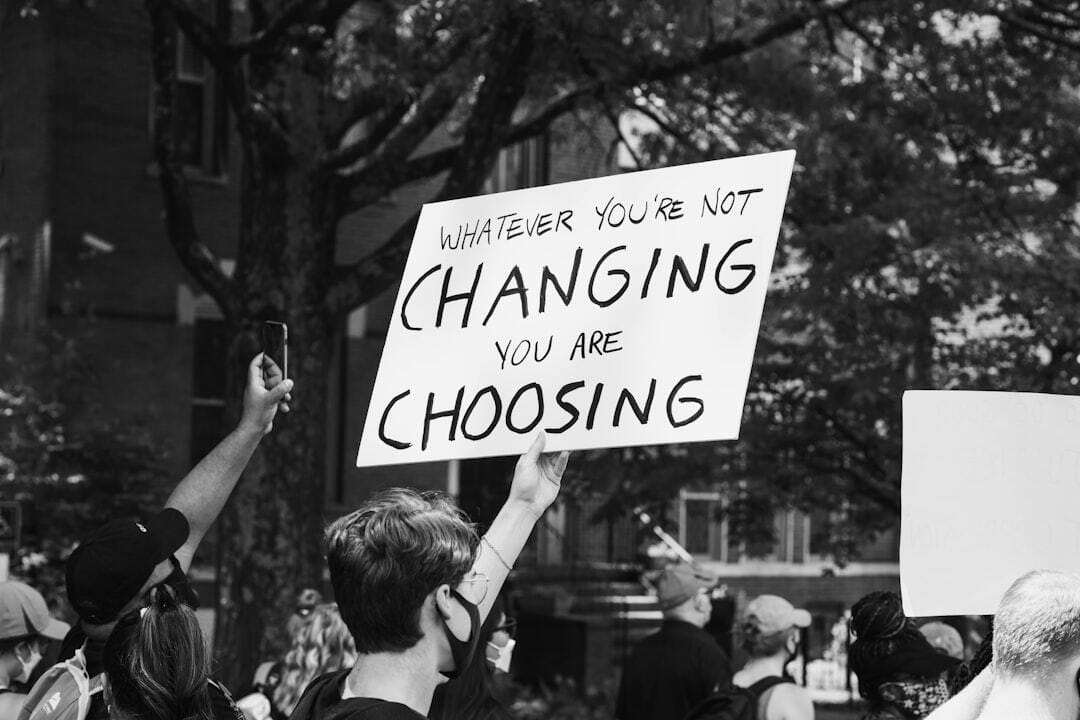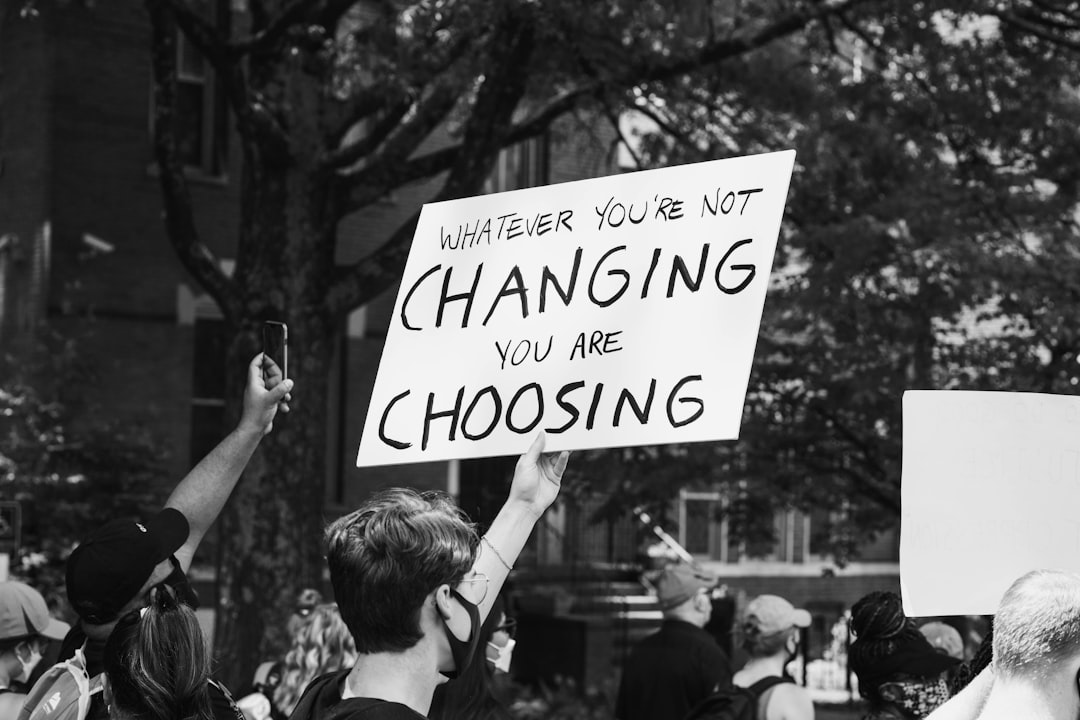

Unsplash
Welcome back, Shit Givers.
And a big welcome to the 1300+ new readers since last week. Damn.
This week: Exactly why the youths are so pissed off.
Did you know we record an audio version of all of our essays? Subscribe to our podcast feed and listen to this essay now 👇
I’m Quinn Emmett, and this is science for people who give a shit.
Every week, I help 24,000+ humans understand and unfuck the rapidly changing world around us. It feels great, and we’d love for you to join us.

New Shit Giver Jess wants to help solve “the problem of maternity leave in America. I recently had to leave my job (as a doctor) because I became a mother in America, and that seems fucked up to me, so let's fix it.“
Rock on, Jess. Fucked up, indeed. Let’s do it.
Together With Happy Masks
It’s winter, so that means more windows closing at the gym, at the office, and especially in schools.
Whether you’re not interested in COVID for the first (or fifth) time, or the flu (please get those flu shots!), and/or if you’ve got someone who’s immunocompromised in your life, it’s time to restock on quality masks.
Happy Masks makes my favorite masks (I wear them, and so do my kids), and their five layers of (adorably designed) protection have been third-party tested to have 99.9% viral and bacterial filtration efficiency, and 95% efficacy after 50 washes (that’s nuts).
Get the masks ranked by WIRED, Wirecutter, USA Today, and more (and right now there’s free shipping for orders over $60 in the US).
Want an ad-free experience? Become a Member.

THE DISCONNECT
The course of history is the story of angry, righteous, relatively inexperienced youth shouting at their elders to do…something, dammit.
Considering eras like WWI, WWII, Vietnam, the Cold War, and various nuclear scares, it would seem arguable to claim the 2023 version of this generational quarrel is more destructive and precarious than the ones that came before it, but (I know): this time is different.
Moms for Liberty and other fascists have tried so fucking hard to ban books so the youths don’t learn our fullest history, but here’s the thing: their game is already lost.
The youths are online all day, every day. The accumulation of the world’s history and knowledge — and misinformation — is available to them anytime, any place, instantly. Sure, of course books are vitally important. Reading real books is absolutely, bedrock, table stakes.
But it’s no longer the only game in town.
We have never been more connected — or disconnected. No generation of youths, not you, not me, certainly not our parents have never been more connected/followed/liked/tracked to and by one another, and to us, to world events, to world history (and to their parents, regretfully).
The youths have never — no one has ever — been more exposed, second by second, to people and moments thousands of miles away, world events which were so relatively calm — at least in the Global North and West — for the decades before their birth, and which seem to be fracturing and compounding now, day after day, live.
We tell these kids that the world has never been safer and it is true, but then they look at us and demand to know why we’re so hell-bent on throwing that all away.
These are the norms of the youth among us, all they know, and they are scared and exhausted, distrustful and battered, and absolutely goddamn furious.
We can and must change those norms.
My kids, all under 10, and like billions of others, don’t know a world without mobile phones, GPS, electric cars, 3D printing, and more. They do not know a world without K-Pop or a Black president, without insurrection, without Elon Musk and microplastics.
We have the opportunity right now to decide that the world our newest members will participate in will be intentionally and fundamentally different from the ones of the past.
We have the opportunity to force a “whole of society” deliberative and fundamental shift to a forward-looking approach to our problems and opportunities, grounded in what is best for children, first.


